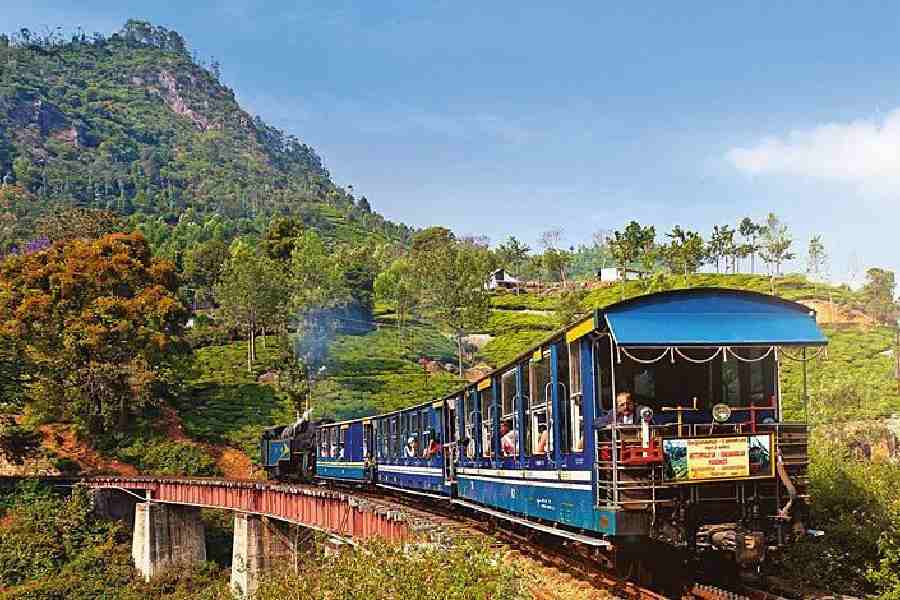 |
If you are sleeping around on the job, you are sure to attract the attention of your bosses and the HR department, sooner or later. If you are simply sleeping on the job, however, you’ll probably get away with a mild reprimand.
Yet the latter happens far more frequently and can be much more damaging. According to a survey in the UK, lack of proper sleep at night is costing the economy millions of pounds. The Crampex findings say that only 21 per cent of the population gets the recommended eight hours. In the US, according to a National Sleep Foundation survey, people sleep for six hours and 40 minutes during week nights, though they should ideally have 40 minutes more. (Sleep needs in the US seem to differ from those in the UK.)
In India, two pilots were recently in the news for allegedly having fallen asleep at the controls. That may have been a bit of an exaggeration — at least the airline claims so. But falling asleep in more mundane jobs is par for the course. Curiously, medical evidence says that the older you grow, you need less sleep. At the same time, however, older workers appear to be more in need of naps during the day.
The Crampex survey in the UK says that people sometimes have to skip work because of their inability to sleep at nights. Among other statistics, two-thirds of the sample admitted they were regularly kept awake by stress and worry, with money being the most common source of anxiety, followed by work and family issues. Even when asleep, people can’t seem to get away from their work with 52 per cent regularly dreaming about their job.
Sleep psychologists have found that one thing that helps in the workplace is taking a break in the middle of an eight-hour day. In Japan, for instance, workers in some factories are given eyeshades and asked to sleep for half an hour in the middle of their shift. They wake up raring to go. But everybody knows that the Japanese would work 16 hours a day, if asked to by their bosses. So that doesn’t help.
In India, they used to be much more reasonable about things. As Noel Coward said: “Mad dogs and Englishmen go out in the midday sun./ The Japanese don’t care to, the Chinese wouldn’t dare to,/ Hindus and Argentines sleep firmly from twelve to one,/ But Englishmen detest a siesta… In Bengal, to move at all, is seldom if ever done,/ But mad dogs and Englishmen go out in the midday sun.” Thanks to westernisation, however, even in Bengal, they are having second thoughts about their siestas.
West Asia is still holding out. In places like Muscat, bankers flock to office in the morning and then return home for lunch and a snooze. They would be doing it in Dubai too. But thanks to the collapse of the economy, most bankers have run back to India.
What is becoming acceptable all over the world is the “power nap”. Writes stress management expert Elizabeth Scott in about.com: “Research shows that you can make yourself more alert, reduce stress and improve cognitive functioning with a nap. Mid-day sleep, or a ‘power nap,’ means more patience, less stress, better reaction time, increased learning, more efficiency and better health.”
At work you are doing something all the time, says a management consultant. How much better would it be to sleep for 30 minutes, the time you take to have a couple of cigarette breaks. Managements, however, are bound to look askance at such sleeping on the job.
In the UK, they have gone a step further. The Sleep Council recommends that companies study the sleep patterns and body clocks of their workers and orient their duty hours accordingly. Another organisation, the Better Sleep Council, a body promoted by mattress manufacturers, says that the popular fixes for workplace sleep deprivation are: drinking coffee (33 per cent), going outside for fresh air (18 per cent) and taking a nap (17 per cent).
In India, “sleep disorders remain under-diagnosed”, says the Indian Society for Sleep Research. The society has Kumbhakarna as its mascot. That’s perhaps inappropriate. Ravana’s brother had a surfeit of sleep, not a lack of it.
SLEEPY HEADS
Problems and causes of disturbed sleep
46 per cent of the population gets six hours of sleep a night or less, whilst 18 per cent gets under five hours.
Just 21 per cent gets the recommended eight hours a night.
A quarter takes days off work because they feel too tired after a bad night’s sleep.
68 per cent admits they regularly put off having sex because they are too tired.
Four out of five would rather go without sex than put up with poor quality sleep.
One in 20 has ended a relationship because of a partner’s sleeping habits.
Three-quarters says they wake up every morning still exhausted.
40 per cent says they are so tired that they feel they need to nap during the day.
Two-thirds say they would love to get more sleep.
One in five has an alcoholic drink, whilst one in 10 regularly resorts to medication to help get to sleep.
Source: Crampex survey of 4,000 people in the UK










